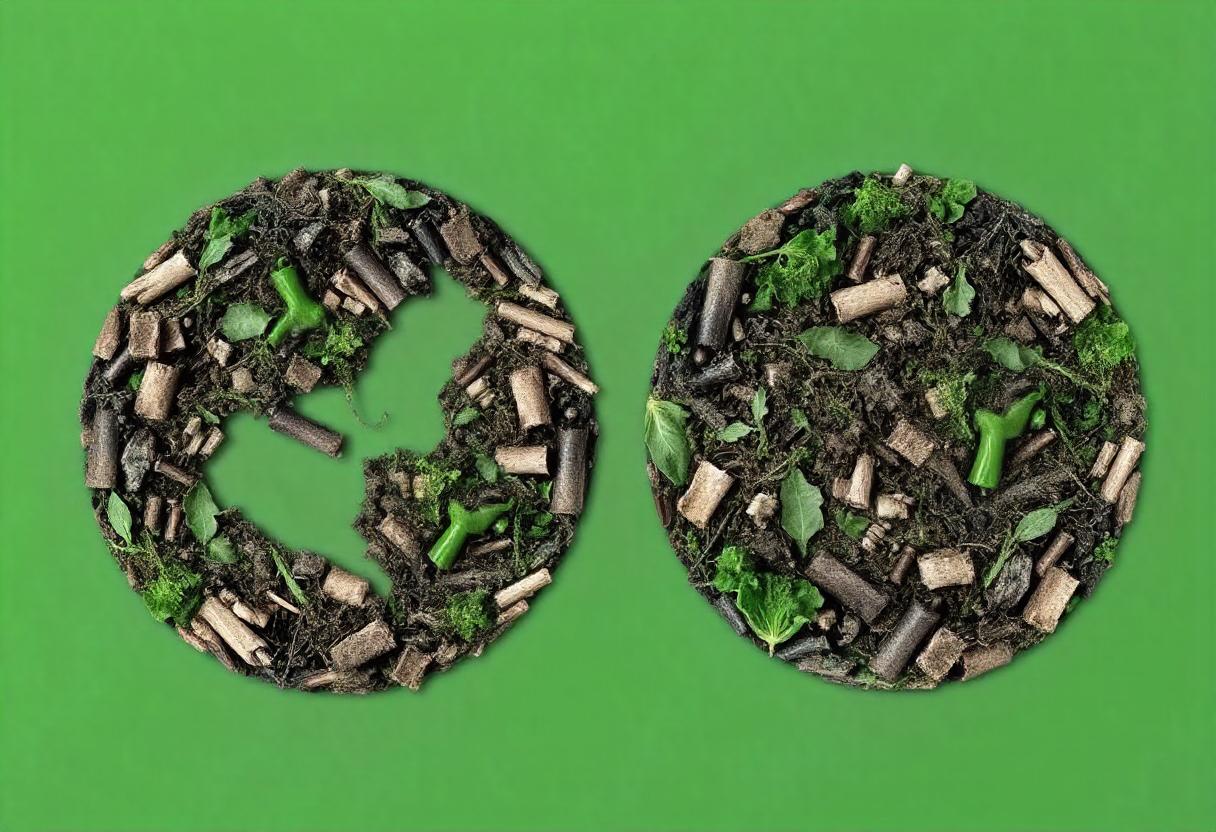
Agricultural activities generate a significant amount of waste, including crop residues, animal manure, and agrochemical by-products. This waste can have various environmental impacts, affecting soil, water, and air quality.
Soil Degradation
Agricultural waste, particularly when left unmanaged, can lead to soil degradation. For instance, excessive use of chemical fertilizers and pesticides results in the accumulation of harmful substances in the soil. This can alter soil pH levels and reduce soil fertility. Organic waste, if not properly composted, can also contribute to soil erosion and nutrient imbalance, further deteriorating soil health.
Water Pollution
Runoff from agricultural fields often carries pesticides, herbicides, and fertilizers into nearby water bodies. This runoff can cause eutrophication, where excess nutrients lead to algal blooms. These blooms deplete oxygen in the water, creating dead zones where aquatic life cannot survive. Additionally, the leaching of nitrates and phosphates into groundwater can contaminate drinking water supplies, posing health risks to humans and animals.
Air Pollution
Agricultural waste can contribute to air pollution through the release of greenhouse gases and other pollutants. Manure decomposition produces methane, a potent greenhouse gas that contributes to global warming. Additionally, ammonia and hydrogen sulfide, emitted from animal waste, can lead to the formation of particulate matter and contribute to respiratory problems in nearby communities.
Biodiversity Loss
The improper disposal and management of agricultural waste can impact local biodiversity. For example, the use of pesticides and herbicides can harm non-target species, including beneficial insects, birds, and aquatic organisms. This disruption can lead to a decline in biodiversity, affecting ecosystem stability and resilience.
Waste Management Solutions
To mitigate the environmental impacts of agricultural waste, effective waste management practices are essential. Strategies such as composting, recycling, and proper disposal can help reduce the negative effects on soil, water, and air quality. Additionally, adopting sustainable agricultural practices, like integrated pest management and precision agriculture, can minimize waste generation and its environmental impacts.